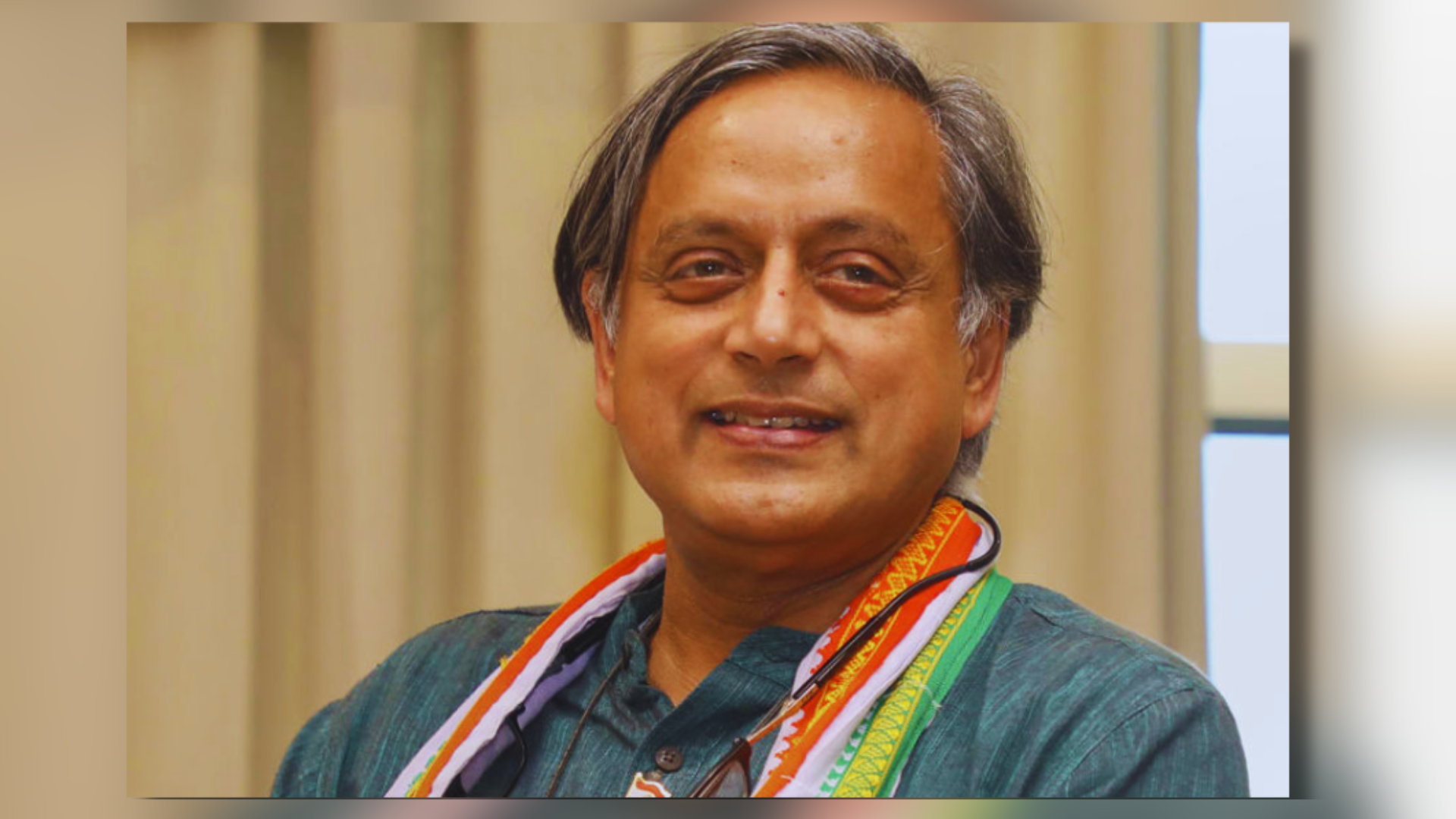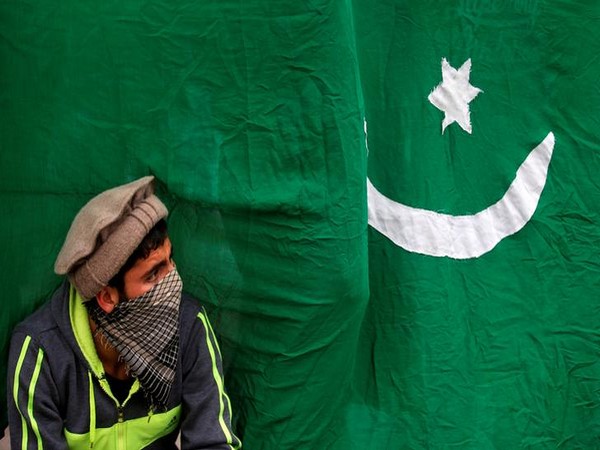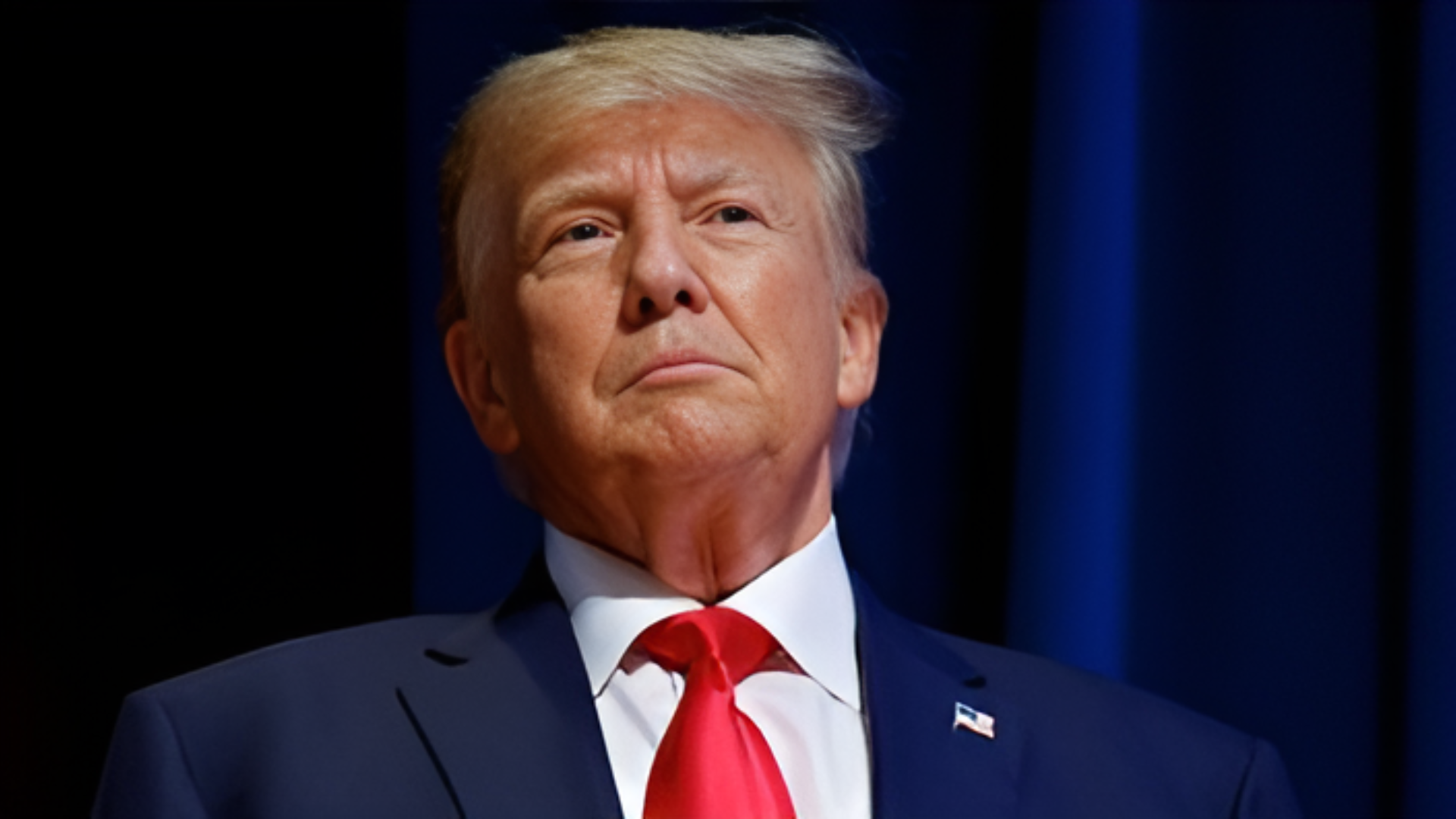Rajnath Singh, one of India’s most influential politicians, was born on July 10, 1951, in the small village of Bhabhaura in Uttar Pradesh’s Chandauli district. Rajnath Singh pursued his early education in the local schools before moving to the city of Gorakhpur for higher studies. He completed his Master of Science degree in Physics from Gorakhpur University in 1971, demonstrating an early aptitude for academics.
#WATCH | Delhi: Rajnath Singh takes oath as a minister in Prime Minister Narendra Modi’s cabinet. pic.twitter.com/t2hwBVq0Ke
— ANI (@ANI) June 9, 2024
Political Career and Ministerial Roles
Singh’s political journey began during his student days when he became associated with the Rashtriya Swayamsevak Sangh (RSS), a Hindu nationalist organization. His involvement with the RSS laid the foundation for his future political career. In 1974, he joined the Bharatiya Jana Sangh, the predecessor of the Bharatiya Janata Party (BJP). His organizational skills and leadership abilities soon earned him a significant role within the party.
Rajnath Singh’s political career took a decisive turn when he was elected to the Uttar Pradesh Legislative Assembly in 1977, representing the Mirzapur constituency. His tenure was marked by active participation in legislative debates and a focus on grassroots development. In 1983, he was appointed as the State President of the BJP’s youth wing, the Bharatiya Janata Yuva Morcha (BJYM), further consolidating his position within the party.
Singh’s prominence in state politics paved the way for his entry into national politics. In 1991, he was elected to the Rajya Sabha, the upper house of India’s Parliament. During his tenure, he served on various parliamentary committees, gaining valuable experience and insight into national governance. In 1999, Singh was appointed as the Union Minister of Surface Transport in the Atal Bihari Vajpayee government, where he played a key role in the implementation of the National Highway Development Project, which significantly improved India’s road infrastructure.
Rajnath Singh’s most notable political achievement at the state level came in 2000 when he was appointed as the Chief Minister of Uttar Pradesh, India’s most populous state. During his tenure, he implemented a series of reforms aimed at improving law and order, promoting agricultural development, and enhancing education. His leadership during this period was marked by efforts to boost economic growth and ensure social harmony in the state.
After serving as Chief Minister, Singh continued to play a pivotal role in national politics. He was appointed as the National President of the BJP in 2005, a position he held until 2009. During his tenure, he focused on strengthening the party’s organizational structure and expanding its base across the country. Singh’s leadership was instrumental in revitalizing the party and preparing it for subsequent electoral battles.
In 2013, Rajnath Singh was re-elected as the National President of the BJP, a testament to his enduring influence and leadership skills. Under his stewardship, the party secured a historic victory in the 2014 general elections, paving the way for Narendra Modi to become the Prime Minister of India.
Following the BJP’s victory in 2014, Rajnath Singh was appointed as the Union Minister of Home Affairs, where he oversaw internal security, counter-terrorism operations, and disaster management. In 2019, after the BJP’s re-election, he was appointed as the Minister of Defense, a role in which he has been pivotal in modernizing India’s armed forces, enhancing defense preparedness, and fostering strategic partnerships with other countries. His tenure has seen significant advancements in indigenous defense manufacturing and the implementation of major defense procurement programs.
Legacy and Impact
Rajnath Singh’s political career spans over four decades, marked by significant contributions at both the state and national levels. His leadership has been characterized by a commitment to development, security, and good governance. As one of India’s senior-most politicians, Singh continues to play a crucial role in shaping the country’s political landscape and ensuring its security and prosperity.
In summary, Rajnath Singh’s journey from a small village in Uttar Pradesh to one of the highest offices in the Indian government is a testament to his dedication, leadership, and unwavering commitment to his country. His multifaceted career and enduring impact on Indian politics make him a prominent figure in India’s contemporary political history.

















